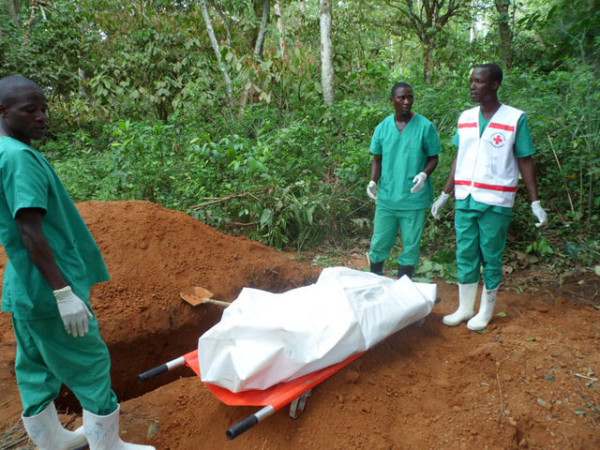It looks like the end of the Ebola epidemic may be in sight! The head of the World Health Organization’s Africa office, Dr. Matshidiso Moeti, anticipates that the outbreak could end as early as fall of this year. The Ebola virus is still present in Sierra Leone and Guinea; Liberia was declared free of Ebola on May 9 and new cases in both Guinea and Sierra Leone are slowly decreasing. While this doesn’t mean that healthcare workers can afford to be complacent, it’s still good news.
Even as the threat of the actual virus starts to wane, it’s become more apparent that there is still much to do. Sierra Leone, Guinea, and Liberia have been hit particularly hard by Ebola, both socially and economically. In addition to the devastation caused by the disease, a sudden drop in the price of iron ore further depressed the economy. Healthcare infrastructure was also weakened by the outbreak–the three countries have lost several prominent doctors to Ebola, a serious problem in countries that already had a shortage of healthcare workers prior to the epidemic.
Ebola ravaged both the physical and economic health of Sierra Leone, Guinea, and Liberia.
Feature Image Source: Filo
The World Bank announced that $650 million dollars will be provided to Sierra Leone, Guinea, and Liberia in the next year and a half to help these three countries recover. This money is primarily to boost the economy, but the International Development Association (IDA) has also put this money into building a better health system and improving farming, education, and infrastructure for further development. The goal is to not only help these countries recover but also to give them a system that will help in detecting and fighting against future epidemics.
“Many of us have acknowledged that the international community was slow to react to Ebola,” Jim Yong Kim, president of the World Bank Group, states. It’s been more than a year now since the beginning of the Ebola outbreak, and the consensus appears to be that the epidemic never should have spiraled out of control. There’s not much we can do about it now, but we can definitely learn from Ebola to better prepare for the next pandemic.
Feature Image Source: Global Panorama










